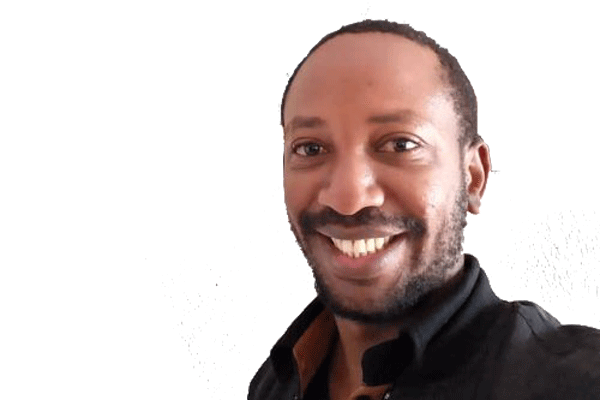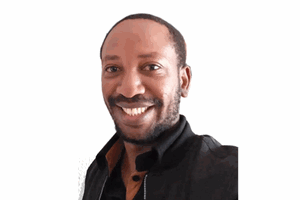
Mr Alex Masereka Joel
While delivering his State of the Nation Address, President Museveni made mention of Cuba’s contribution to Africa’s struggle against colonialism. He referred to the battle of Cuito Cuanavale in Angola, where Cubans came face-to-face with South Africa’s apartheid army.
The result of that key military battle, began a sequence of events that culminated into the end of the evil policy of apartheid, the release of political prisoners who included Nelson Mandela. It also led to the independence of countries like Namibia.
The story of Cuba in Africa was not only confined to Angola. In 1966, Comandante Fidel addressed a conference of delegates from countries still under the yoke of colonialism and imperialism. As expected at the time, most of the delegates were from Africa, Asia and Latin America. At this conference, Fidel made a promise to support them.
It is this conference that led him to the meetings of African freedom fighters, the likes of Kwame Nkrumah, Amilcar Cabral, Julius Nyerere, Agostinho Neto, Sekou Toure, Mandela, later on President Museveni, and set in motion a relationship between Havana and Africa.
The same relationship can be said of Kampala and Havana. President Museveni’s NRA liberation movement draws inspiration from the Cuban Revolution that swept Fulgencio Batista out of power in 1959. A rug tag liberation movement overrunning a well-built national army, was the blueprint of the Cuban Revolution that the NRA most certainly drew inspiration from.
However, this relationship did not stop at inspiration. After taking power, Fidel made healthcare, education the bedrock of his administration. Cuba was able to build a formidable healthcare system that it still prides in today. This system led the comandante to devote part of the program to giving scholarships to people from countries that were resource strapped. Again, he turned to Africa, Asia and Latin America. Ugandans have benefitted from this arrangement. Not only did he offer scholarships, but also worked with President Museveni to set up Mbarara University. All this happens even though Cuba continues to suffer the brunt of an unjust economic blockade imposed by the United States, a policy that is now 60+ years old. In addition to this blockade, Cuba continues to exist on the list of countries believed to be state sponsors of terrorism, a list the country should not appear on and recent US.
This is where Africa’s support to the island nation should count! Many a time, you hear African leaders speak of how indebted they are to Cuba for its contribution to the continent’s struggle for independence but little goes into action. I applaud President Museveni for taking the bold steps to reopen Uganda’s embassy in Havana, a gesture that we should savour as Uganda and Cuba celebrate 50 years of diplomatic relations. It speaks of his desire to cement relations, in the face of Uncle Sam’s hostile policies towards Cuba, something Africa should pick from.
On the side-lines of the NAM and G77+China summits, Uganda and Cuba signed bilateral agreements on trade. But this well-intentioned move is likely to be affected by Washington’s policies to our Cuba friends. Brings the question, why should a local farmer in Kabale or any village in Africa and willing to sell to Cuba be affected by US attitudes towards Cuba? After meeting Russia’s Foreign Minister, Museveni said Africa should make its own friends and foes not be dictated to, an open policy that has been the hallmark of his administration. The US cannot claim friendship with Africa as it continues to unjustly punish the continent’s friend, Cuba!
Mr Alex Masereka Joel, Recipient - Abrazando La Amistad Cuba Friendship Seal [email protected]




